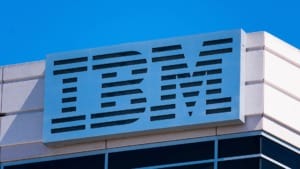Ant Group cuts AI training costs with Chinese-made chips
Ant Group says it cut AI training costs by 20% using Alibaba and Huawei chips, challenging Nvidia’s dominance in the AI chip market.

A major Chinese tech company says it has significantly reduced the cost of artificial intelligence (AI) training by relying solely on Chinese-made chips. Ant Group, a fintech giant backed by Alibaba founder Jack Ma, claims it has cut AI training costs by 20% using chips developed by Alibaba and Huawei.
According to Bloomberg, sources familiar with the matter say that these domestic chips performed almost as well as those made by Nvidia, the dominant force in AI chip production. If true, this development could challenge Nvidia’s current stronghold on the AI chip market.
A challenge to Nvidia’s dominance
Earlier this year, another Chinese AI company, DeepSeek, caused a brief dip in Nvidia’s stock after reports suggested that its AI models required far fewer chips than expected. Ant Group’s claim adds to concerns that Chinese-made chips could become serious competitors in the AI industry.
Despite strict U.S. export controls, Nvidia remains the preferred choice for AI companies, even in China. Reports suggest that Chinese firms are still acquiring Nvidia’s latest Blackwell chips despite restrictions limiting China’s access to advanced AI technology.
If Chinese chips continue to improve and become widely adopted, it could weaken Nvidia’s dominance in AI computing and shift the balance of power in the global semiconductor industry.
The impact on the AI industry
Ant Group’s breakthrough highlights China’s efforts to become self-sufficient in AI and semiconductor technology. The country has been investing heavily in developing its chips, especially after U.S. sanctions limited its access to advanced Western technology.
While Nvidia still leads the market, Chinese companies’ ability to develop competitive AI chips could reshape the industry in the coming years. If Ant Group’s claims hold up, more companies may turn to Chinese-made chips to reduce costs and lessen dependence on Nvidia’s hardware.
















